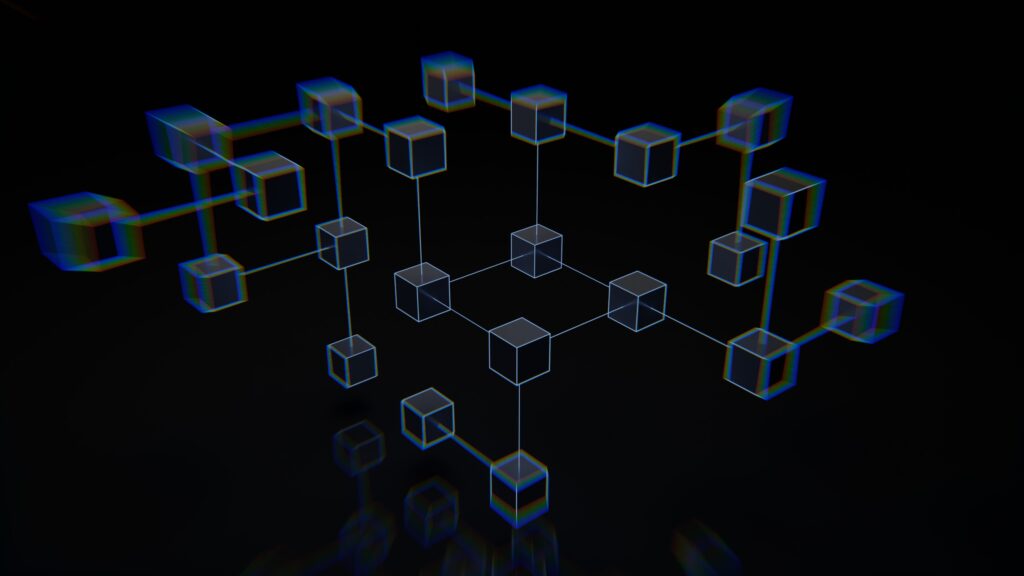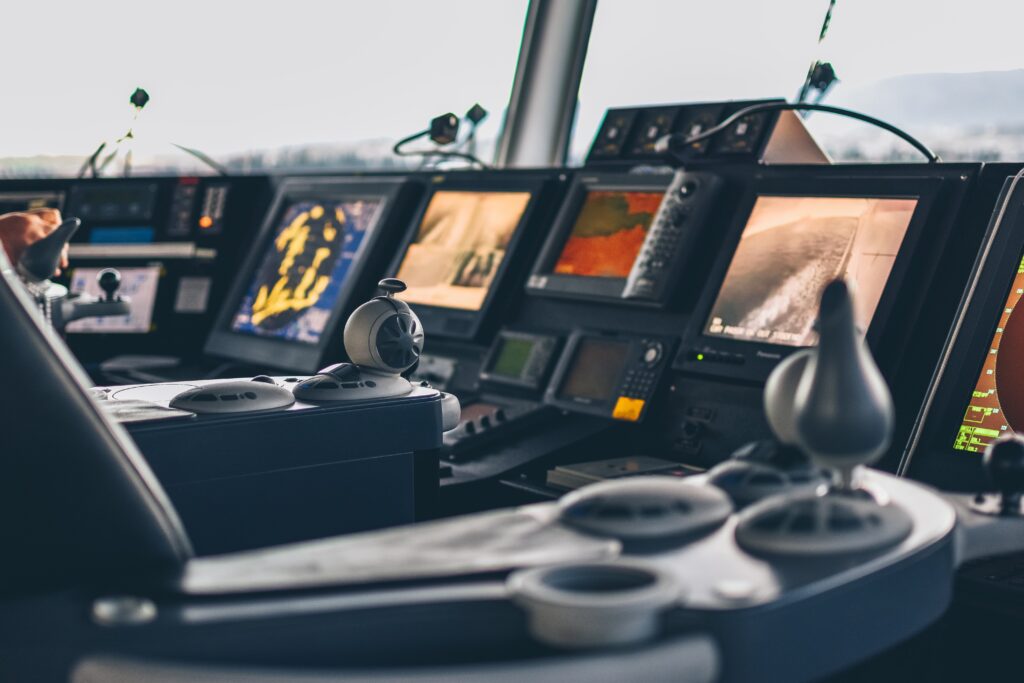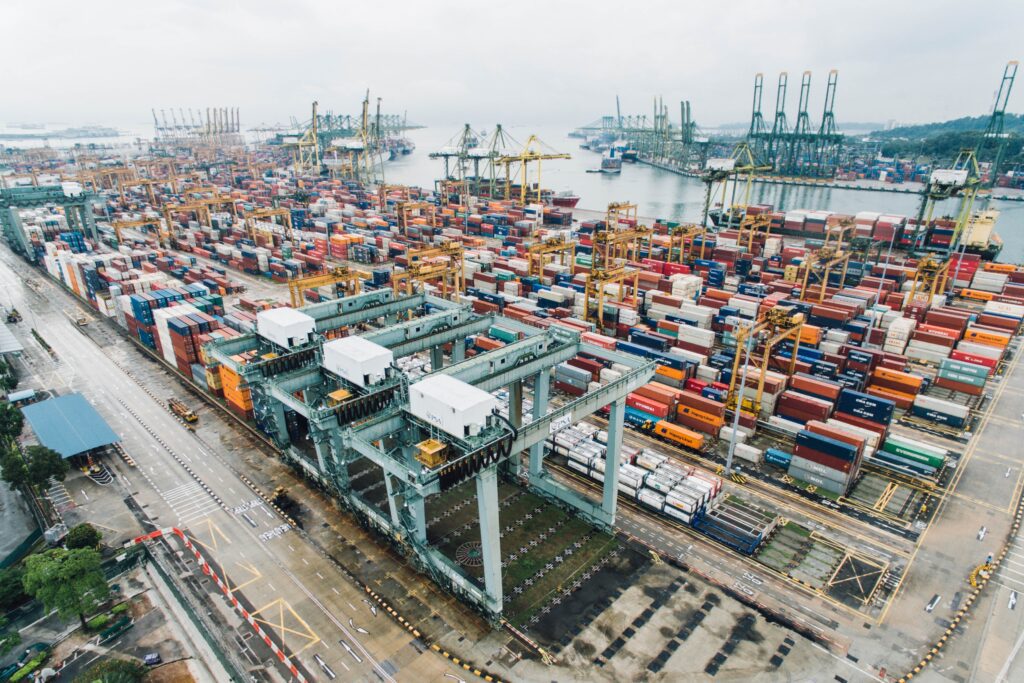Understanding Bunker Spills: Causes, Consequences, and Prevention

Introduction to Bunker Spills A “bunker spill” refers to the accidental release or discharge of fuel, typically heavy oil or diesel, from a vessel’s storage tanks, also known as bunkers. This term is commonly associated with maritime incidents, where the fuel used to power ships (bunkers) is unintentionally released into the marine environment. Bunker spills […]
Examining the impact of blockchain technology on the efficiency and functionality of marine bunkering operations

Introduction Marine bunkering, the process of supplying ships with fuel, is a critical aspect of the maritime industry. Traditionally, this industry has been characterized by manual processes, paperwork, and inefficiencies that can lead to errors, disputes, and delays. In recent years, blockchain technology has emerged as a disruptive force with the potential to revolutionize various […]
European Marine Fuel Trends and Digital Innovation

Introduction The maritime industry is going green and becoming more efficient. Europe, with busy shipping routes and strict environmental rules, leads this change. As sustainable fuel becomes more popular, digitalization is key for increased efficiency and compliance in the industry. Embracing Change – The Latest Trends in European Marine Fuels: As ships navigate these waters, […]
Lookout on Advanced Bunkering Monitoring Systems

Digitalization within bunkering operations involves the incorporation and application of digital technologies and data-centric remedies to improve the efficiency, precision, safety, and openness of the fuel supply process for ships. Bunkering holds substantial significance in the maritime sector. The digital evolution of bunkering operations encompasses a range of technologies and strategies geared towards enhancing the […]
Achieving Bunker Procurement Efficiency through Digitization

Introduction: At a time when digital transformation is reshaping industries around the world, the maritime sector is no exception. One of the areas that has significantly benefited from digitization is fuel procurement the process of purchasing fuel for the ships. Traditional fuel procurement processes are manual, time consuming. However with the integration of digital technology, […]
Bunkering for Scrubber-Fitted Vessels: Managing Compliance and Fuel Consumption

Recently, the maritime industry has seen big changes due to green regulations and the urgency to cut carbon emissions. Ship operators are now using exhaust gas scrubbers to meet emission standards while using high-sulfur fuel. However, this introduces new challenges in bunkering, compliance, and fuel management. This article explores how ships with scrubbers handle bunkering […]
Revolutionizing Bunker Fuel Supply: Exploring Electronic Bunker Delivery Notes (e-BDNs)

In shipping, getting bunker fuel efficiently is crucial. Ships rely on this fuel for long sea journeys. As technology advances, managing fuel deliveries is evolving. Electronic Bunker Delivery Notes (e-BDNs) are a recent digital solution gaining popularity. They improve traditional bunkering, making operations smoother, enhancing transparency, and promoting environmental sustainability. Historically, the bunkering process involved […]
Advanced Maritime Technologies: Smart Bunkering & Port Operations

Smart bunkering and port operations refer to the integration of advanced technologies and data-driven solutions to optimize the processes involved in bunkering and port activities. The maritime industry has undergone significant transformations over the years, driven by technological advancements that aim to enhance efficiency, safety, and sustainability. One of the key areas where technology is […]
Revolutionizing Maritime Logistics: Aligning Barge and Terminal Operations through Digitization

Introduction The maritime industry is crucial for worldwide trade and business. Ships have been instrumental in transporting more than 90% of the world’s goods by volume, making efficient and reliable maritime logistics an indispensable component of the world economy. Within this vast network of operations, the alignment of bunker barge and terminal operations plays a […]
Preventing Bunkering Frauds through Digitalization: A Maritime Industry Imperative Introduction

The global trade relies heavily on the maritime sector, which facilitates the transportation of goods across continents and plays a vital role in the global economy. As the industry undergoes changes, it also encounters new difficulties. Recently, there has been a decline in trust and reliability in the bunker industry, which is worsened by the […]

